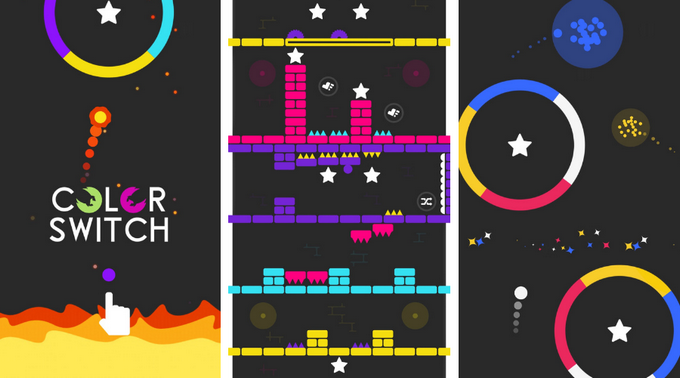
Designing a World with Persistent Consequences in Gaming
In the ever-evolving world of gaming, developers are constantly pushing the boundaries of creativity and innovation. One of the most exciting trends in recent years has been the shift towards designing games with persistent consequences. This means that the choices players make throughout the game have a lasting impact on the world around them, creating a dynamic and immersive gaming experience like never before.
What exactly does it mean to design a world with persistent consequences? Essentially, it means that the decisions players make in the game have real, tangible effects on the game world. This could be anything from changing the landscape or altering the behavior of NPCs to impacting the storyline and ultimately determining the outcome of the game.
One of the key benefits of designing a world with persistent consequences is the sense of agency and ownership it gives to players. Instead of simply following a predetermined storyline, players are able to shape the world buy vps hosting around them through their choices and actions. This level of freedom and control can result in a much more immersive and engaging gaming experience, as players feel like they are truly part of the game world.

Another benefit of persistent consequences is the added challenge and complexity it brings to gameplay. With every decision having lasting repercussions, players must think carefully about their choices and consider the potential consequences of their actions. This can lead to more strategic gameplay and a deeper level of immersion as players navigate the consequences of their decisions.
From a storytelling perspective, designing a world with persistent consequences allows for a much more dynamic and interactive narrative. Instead of a linear storyline that follows a set path from beginning to end, players have the power to shape the story through their actions. This can lead to multiple branching storylines, unexpected plot twists, and a truly personalized gaming experience that is unique to each player.
Of course, designing a world with persistent consequences is no easy feat. It requires careful planning and attention to detail to ensure that every possible choice has a meaningful impact on the game world. Developers must create complex systems that account for a wide range of player actions and reactions, while also maintaining a sense of balance and fairness in the gameplay.

One of the most well-known examples of a game with persistent consequences is the popular role-playing game, “The Witcher 3: Wild Hunt”. In this game, players take on the role of Geralt of Rivia, a monster hunter on a quest to find his adopted daughter. Throughout the game, players must make a series of decisions that have far-reaching consequences, affecting everything from the fate of characters to the political landscape of the game world.
“The Witcher 3” is praised for its intricate branching storylines, complex characters, and morally grey choices that force players to grapple with the consequences of their actions. Every decision players make in the game has a ripple effect that can lead to unexpected outcomes, resulting in a deeply immersive and emotionally engaging experience.
Another example of a game with persistent consequences is “Life is Strange”, a narrative-driven adventure game that revolves around the concept of time travel. In this game, players take on the role of Max Caulfield, a high school student who discovers she has the ability to rewind time. Throughout the game, players must make a series of choices that have lasting consequences, shaping the storyline and ultimately determining the fate of the characters.
“Life is Strange” is praised for its emotionally resonant storytelling, complex characters, and branching narrative that allows players to explore a range of different outcomes based on their choices. The game’s unique time-travel mechanic adds an extra layer of complexity to the gameplay, as players must consider the consequences of their actions not only in the present but also in the past and future.
In conclusion, designing a world with persistent consequences offers a truly immersive and engaging gaming experience that puts players in control of their own destiny. By allowing players to shape the game world through their decisions, developers create a dynamic and interactive narrative that is unique to each player. The sense of agency and ownership that comes with persistent consequences adds depth and complexity to gameplay, pushing the boundaries of storytelling and innovation in the gaming industry. Whether you’re exploring the dangerous world of “The Witcher 3” or unraveling the mysteries of “Life is Strange”, games with persistent consequences offer a truly unforgettable gaming experience that challenges players to think carefully about the choices they make and the consequences that follow.
